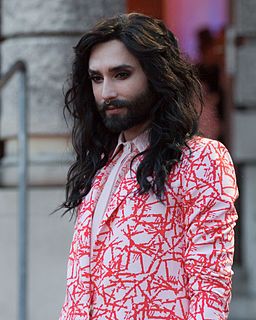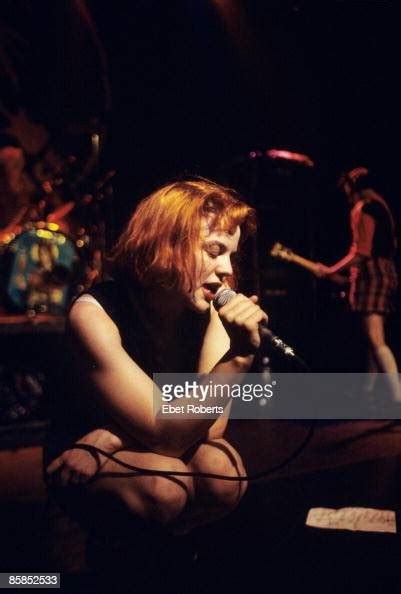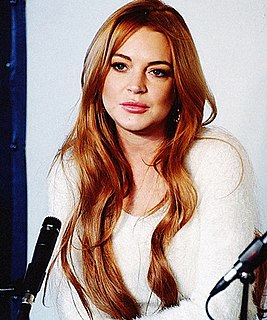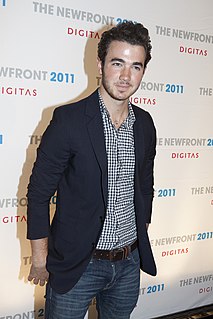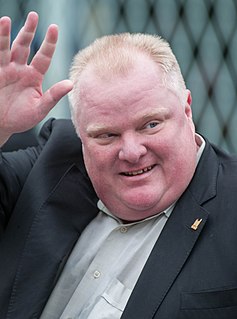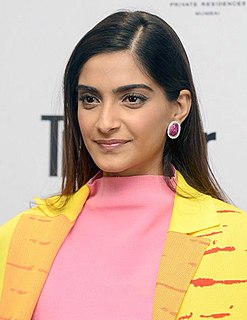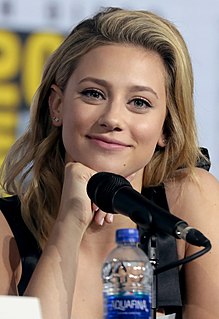A Quote by Rae Carson
I grew up in a cloistered, conservative culture that adhered to strict gender roles. So it's easy to understand why the 'girl dressed as a boy' trope resonated so much. In a world that didn't want to give people like me adventures or significance, books with cross-dressing girls were treasures.
Related Quotes
I understand why some women/girls/ladies don't want to be women-identified 'cuz it totally complicates your band identity and no one seems to pay much attention to the music or what you're doing. We have chosen to be girl-identified (although Billy isn't a girl!), because we want to encourage other women/girls to play music. When I was growing up, I found it discouraging to have all these women in bands not wanting to address the issue of gender...we're interested in what women are doing.
I got tired of books where the boy is a bit thick and the girl's very clever. Why does it have to such an opposition? Why can't they be like the girls and boys that I know personally, who are equally funny and equally cross? Who get things equally wrong and are equally brave? And make the same mistakes?
Girls my age dress so much raunchier than I'd ever imagine myself dressing. I understand that I'm a role model, though, and I have to look out for that. I have a 10-year-old sister, too. But you also want to be appealing to guys and stuff, that's just something girls feel. It's hard. You want to be that girl that's unattainable to all the guys because there are so many other girls out there that are like that.
I was a handsome boy, a very handsome young man, bright blue eyes, mmm. I would make trucks skid off the road. Anyway, girls were never a problem; the problem was me. But a lot of guys didn't like me because I made it look so easy, but it wasn't easy for me or anybody. When you're 24, it's not easy. You haven't reached anywhere that you want to be, so my looks helped me get in the movies, and I'm privileged that my parents came up with what I look like. What they did I'll never know and I don't care.
You reminded me of a quote that my acting teacher Stella Adler wrote in her book ['The Art of Acting'], which I asked her to sign: "The young actor feels some greatness inside themselves that they want to give back to the world." That resonated with me, but I didn't really understand what she was talking about until much later, in the way you surmised that my struggle to become an actor was from being this kind of introverted young boy.
I began to understand that there were certain talkers - certain girls - whom people liked to listen to, not because of what they, the girls, had to say, but because of the delight they took in saying it. A delight in themselves, a shine on their faces, a conviction that whatever they were telling about was remarkable and that they themselves could not help but give pleasure. There might be other people - people like me - who didn't concede this, but that was their loss. And people like me would never be the audience these girls were after, anyway.
I didn't know what to do. How do you tell an eight-year-old boy his mother's going to die? I tried. In my own stumbling way I tried to prepare Jim for it. Nowadays, he lives in a world we don't understand too well, the actor's world. We don't see too much of him. But he's a good boy, my Jim. A good boy, and I'm very proud of him. Not easy to understand, no sir. He's not easy to understand. But he's all man, and he'll make his mark. Mind you, my boy will make his mark.
I do a lot with characters' sense of identity. I also like challenging stereotypes, gender roles, things like that. Give me a stereotype or a genre expectation and the first thing I want to do is stand it on its head. In the Nightrunner books I wanted to see if I could create a believable gay hero, one who wasn't someone's sidekick or a victim.

